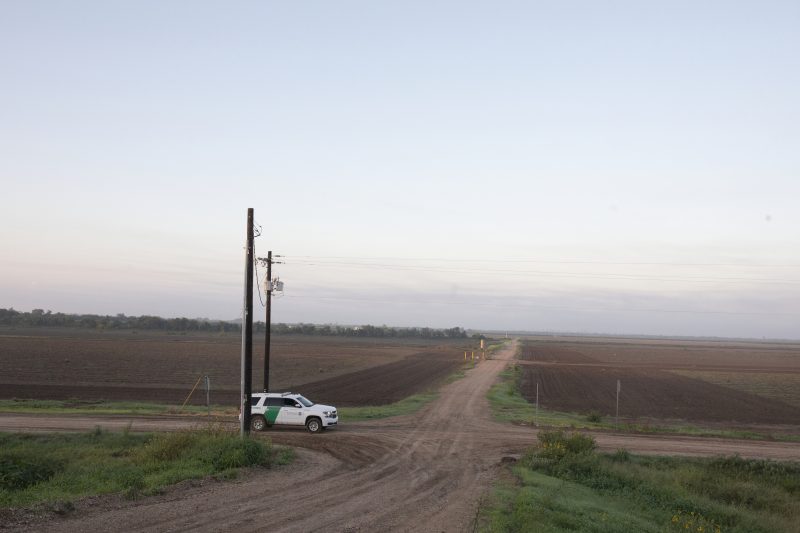
Biden’s Border Clampdown Leads to a Steep Decline in Unauthorized Crossings
In the ongoing effort to curb illegal crossings at the United States-Mexico border, the Biden administration recently implemented new restrictions that have led to a notable decrease in unauthorized entries. These measures have been met with a mix of support and criticism from various stakeholders, highlighting the complex nature of immigration policy in the modern context. By examining the impact of these border restrictions, we can gain insight into the effectiveness of such strategies in controlling the flow of undocumented immigrants and addressing the broader issue of border security.
One of the key components of the Biden administration’s approach has been the strict enforcement of existing immigration laws, including the increased use of border patrol agents and resources to patrol the porous border. This heightened vigilance has made it more difficult for individuals to cross into the United States without proper authorization, leading to a significant drop in illegal crossings in recent months. The data suggests that the number of apprehensions of undocumented immigrants at the border has decreased substantially since the implementation of these measures, signaling a potential shift in the dynamics of unauthorized migration.
In addition to increased enforcement efforts, the Biden administration has also focused on addressing the root causes of migration from countries in Central America, such as poverty, violence, and instability. By investing in economic development programs and humanitarian aid aimed at improving conditions in these regions, the administration aims to reduce the push factors that drive individuals to leave their home countries in search of a better life in the United States. While these initiatives may take time to yield tangible results, they represent a long-term strategy for addressing the underlying causes of unauthorized migration.
Despite the apparent success of these border restrictions in reducing illegal crossings, they have not been without controversy. Critics argue that the strict enforcement measures have led to a humanitarian crisis, with reports of overcrowded detention facilities and concerns about the treatment of undocumented immigrants. Furthermore, some advocacy groups have raised questions about the impact of these restrictions on asylum seekers and other vulnerable populations who may be fleeing violence or persecution in their home countries. Balancing the need for border security with humanitarian considerations remains a central challenge for policymakers in the realm of immigration policy.
Looking ahead, the Biden administration faces the task of navigating the complex terrain of immigration policy, balancing the enforcement of existing laws with the protection of human rights and the promotion of sustainable solutions to the challenges of migration. Building a comprehensive approach that addresses the root causes of unauthorized migration while upholding the principles of fairness and compassion will be essential in shaping a more just and effective immigration system for the future. As the debate over border restrictions continues, it is clear that finding common ground on these issues will require careful consideration, collaboration, and a commitment to seeking solutions that benefit all stakeholders involved.
